
PHP Objects, Patterns, and Practice (PDF/EPUB Version)
$18.99
The 5th edition of this popular book has been fully updated for PHP 7, including replacing the PEAR package manager with Composer, and new material on Vagrant and PHP standards. It provides a solid grounding in PHP’s support for objects, it builds on this foundation to instill core principles of software design and then covers the tools and practices needed to develop, test and deploy robust code.
PHP Objects, Patterns, and Practice begins by covering PHP’s object-oriented features. It introduces key topics including class declaration, inheritance, reflection and much more.The next section is devoted to design patterns. It explains the principles that make patterns powerful. The book covers many of the classic design patterns and includes chapters on enterprise and database patterns.
The last segment of the book covers the tools and practices that can help turn great code into a successful project. The section shows how to manage multiple developers and releases with git, how to manage builds and dependencies with Composer. It also explores strategies for automated testing and continuous integration.
What You’ll Learn
- Work with object fundamentals: writing classes and methods, instantiating objects, creating powerful class hierarchies using inheritance.
- Master advanced object-oriented features, including static methods and properties, managing error conditions with exceptions, and creating abstract classes and interfaces.
- Learn about the new object-oriented features introduced by PHP 7 and why they matter for your code.
- Understand and use design principles to deploy objects and classes effectively in your projects.
- Discover a set of powerful patterns that you can deploy in your own projects.
- Guarantee a successful project including unit testing; version control, build, installation and package management; and continuous integration.
Who This Book is For
This book is suitable for anyone with at least a basic knowledge of PHP who wants to use its object-oriented features in their projects.
Those who already know their interfaces from their abstracts may well still find it hard to use these features in their systems. They will benefit from the book’s emphasis on design. They will learn how to choose and combine the participants of a system; how to read design patterns and how to use them in their code.
Finally this book is for PHP coders who want to learn about the practices and tools (version control, testing, continuous integration, etc) that can make projects safe, elegant and stable.
eBook features:
- Highlight, take notes, and search in the book
- In this edition, page numbers are just like the physical edition

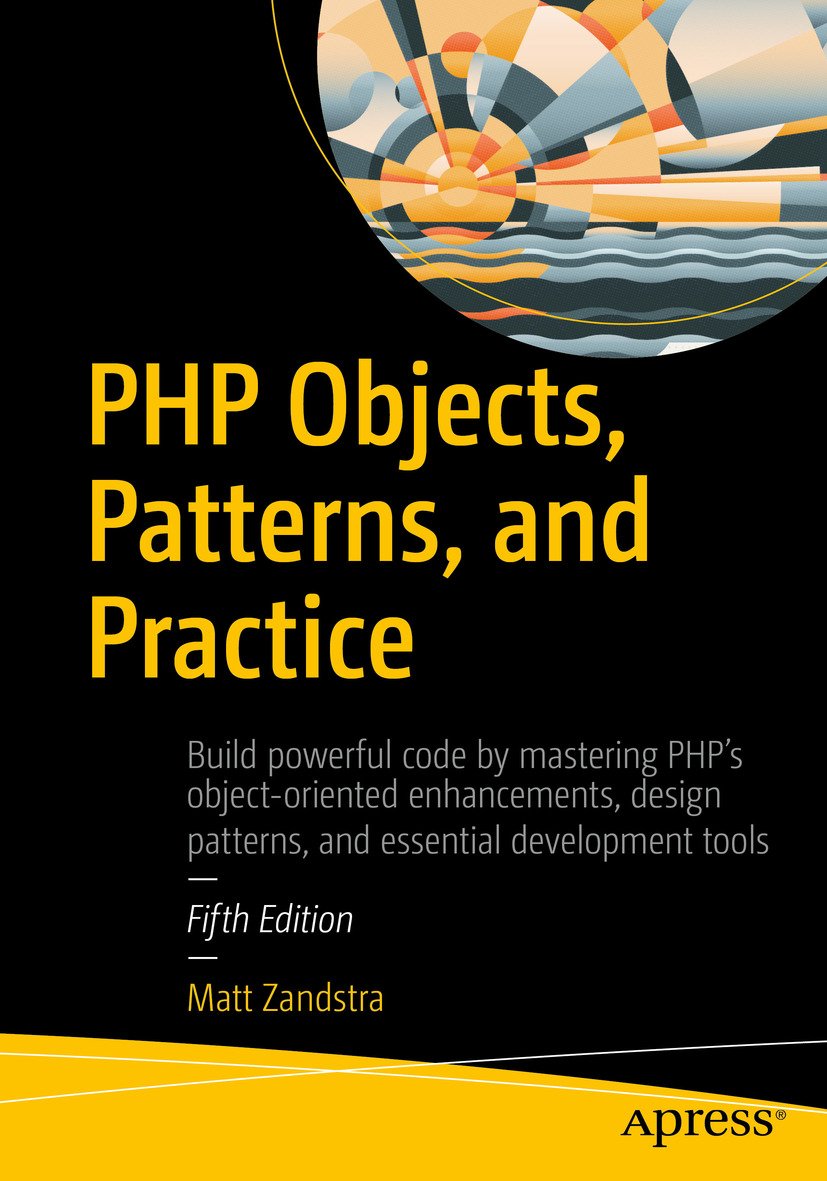
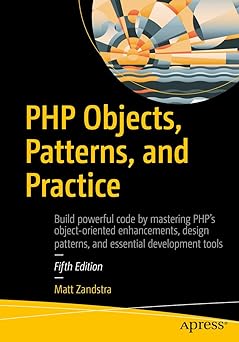
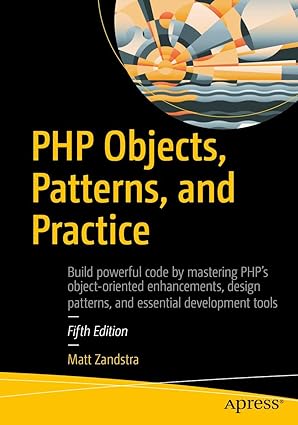
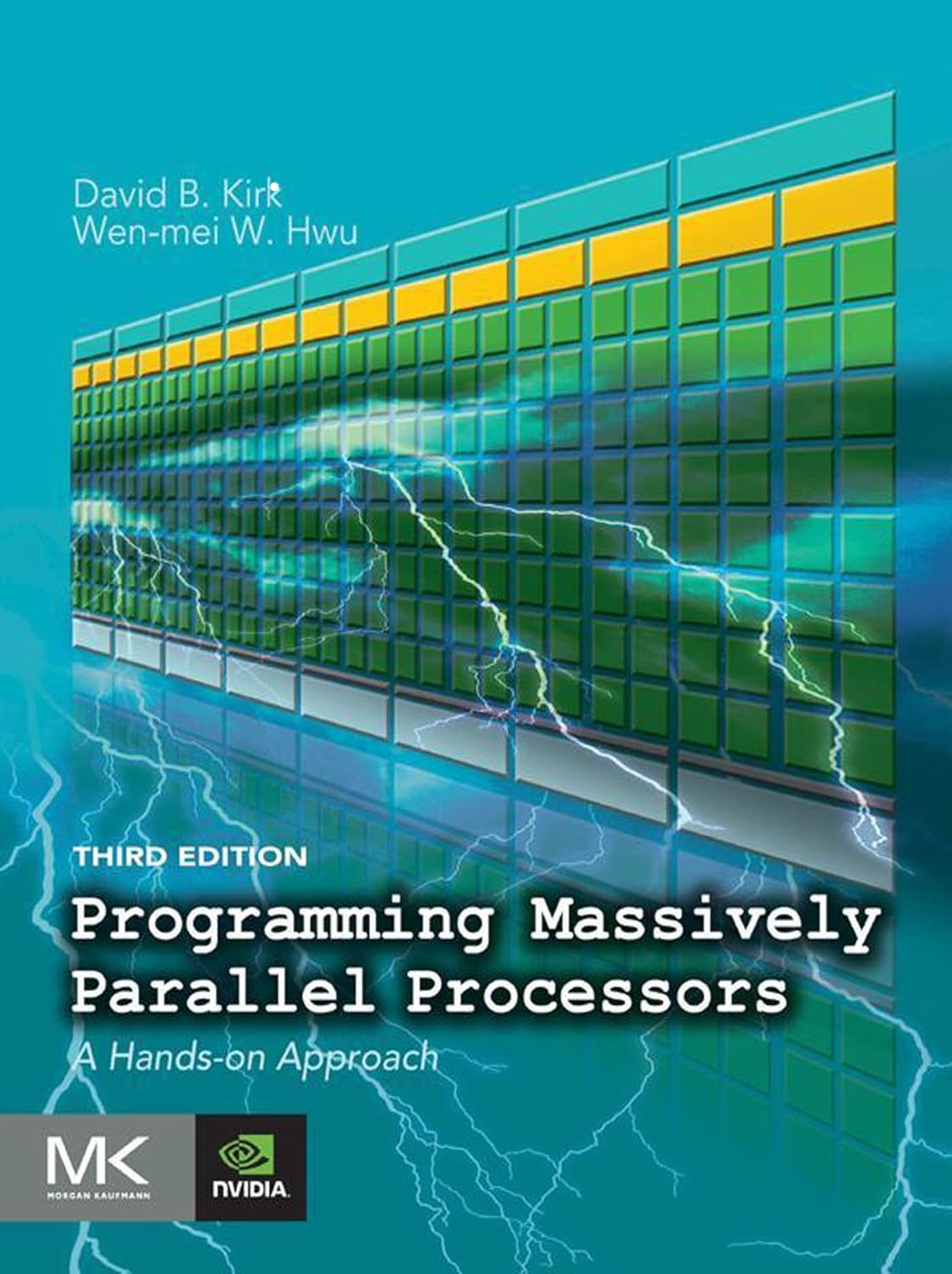

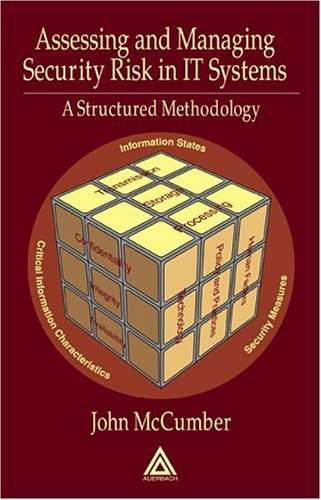
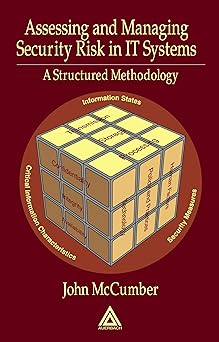


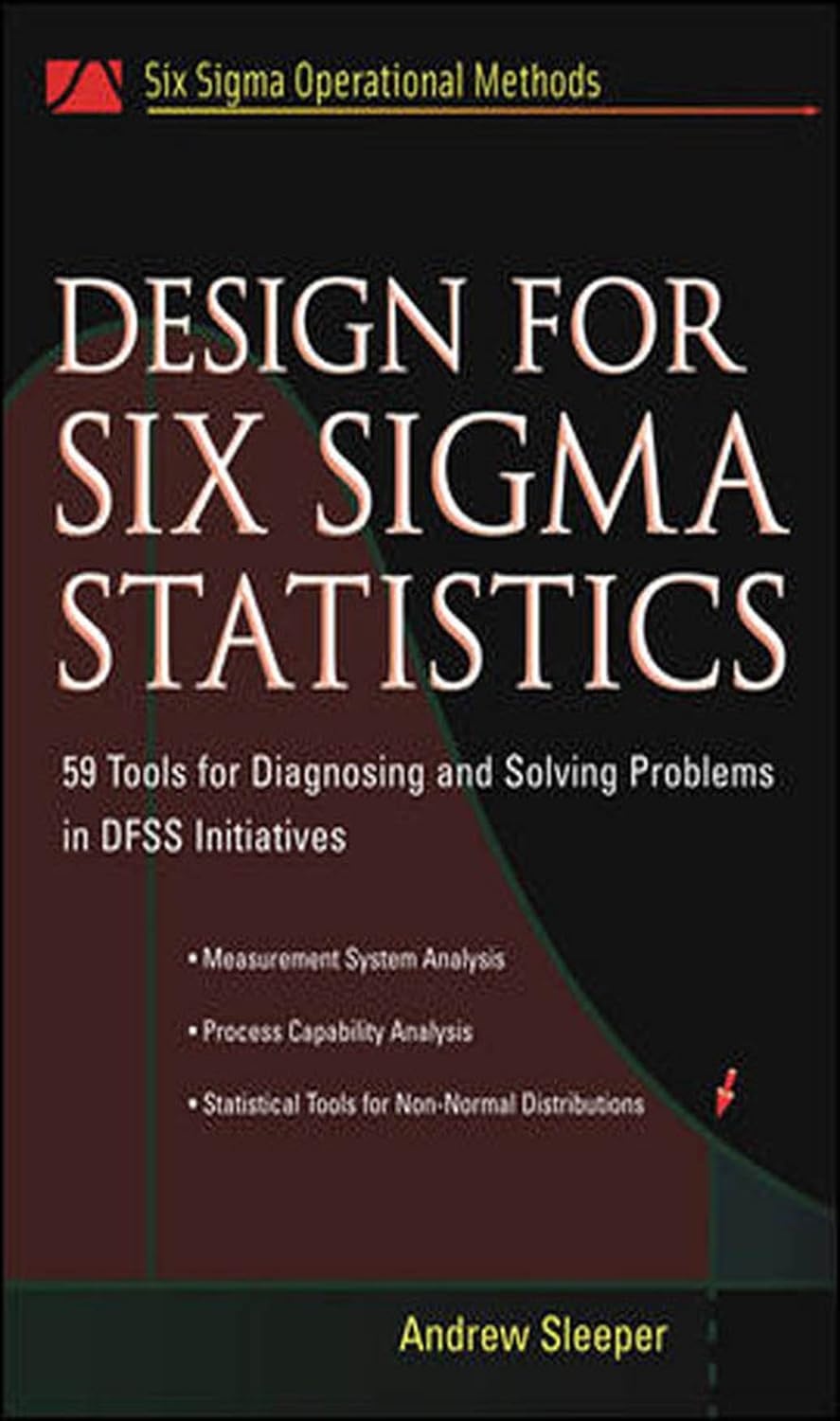
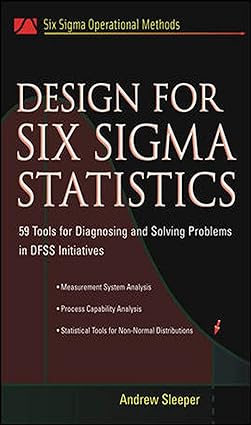
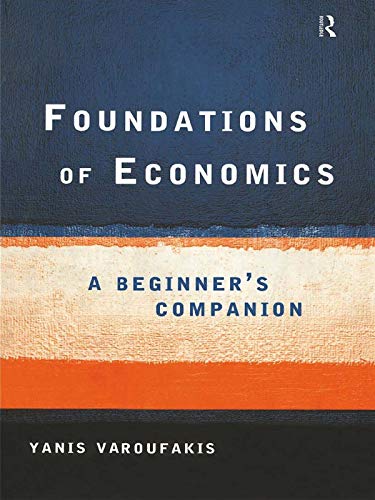
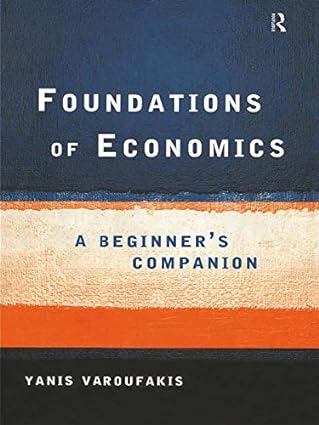
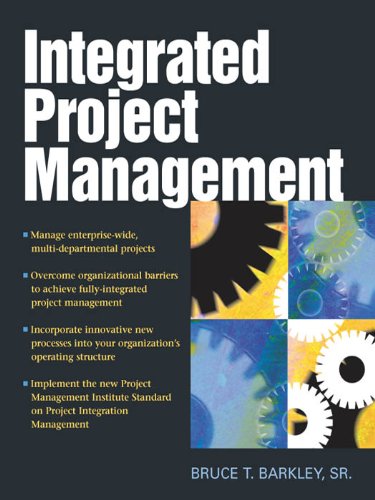
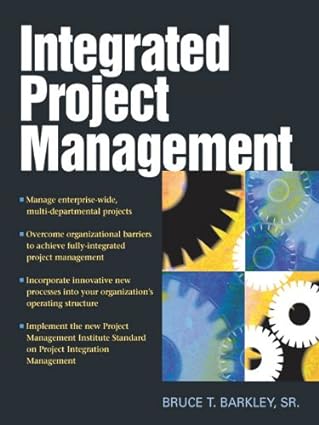
_(certification_press)_pfpwp1gw32.jpg)
_(certification_press)_p7lctr3fbt.jpg)



